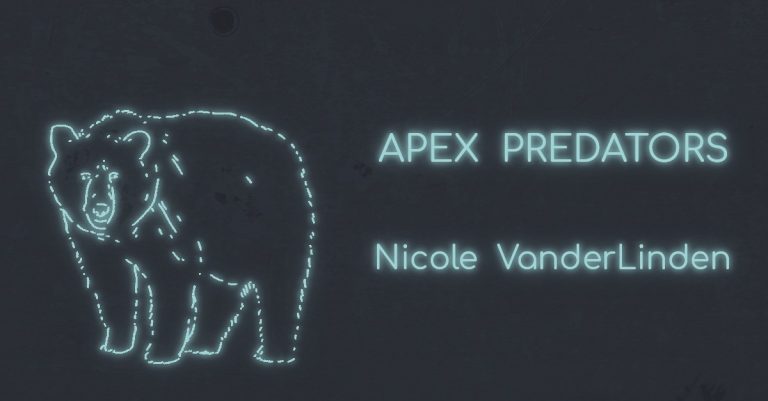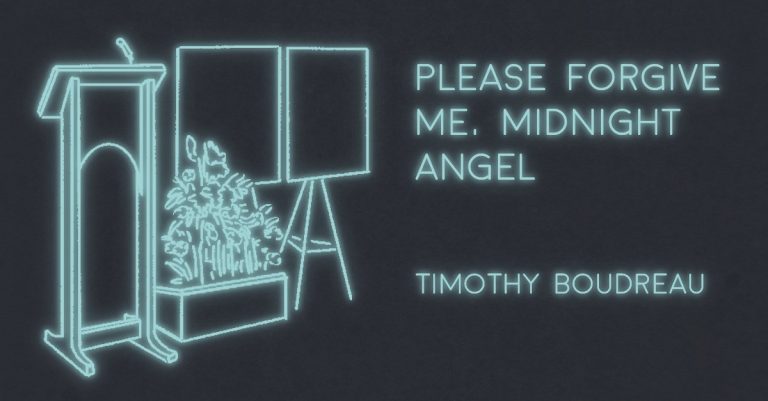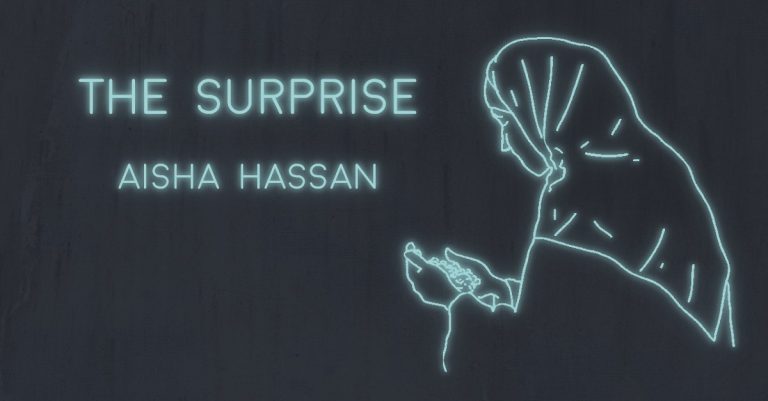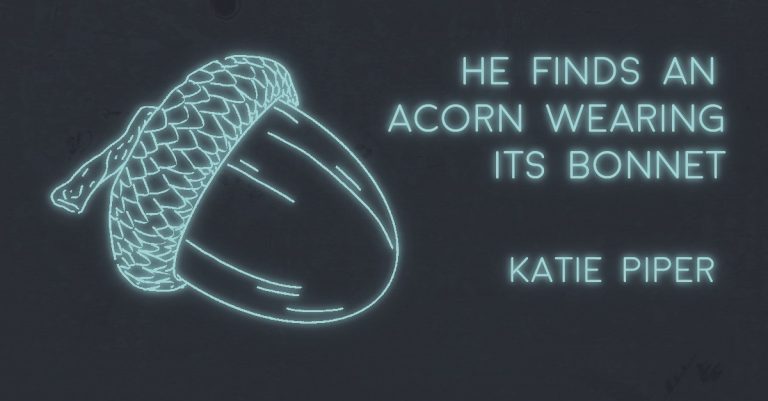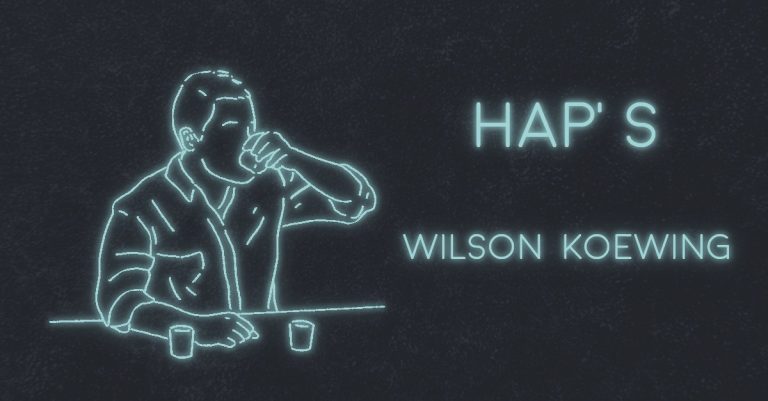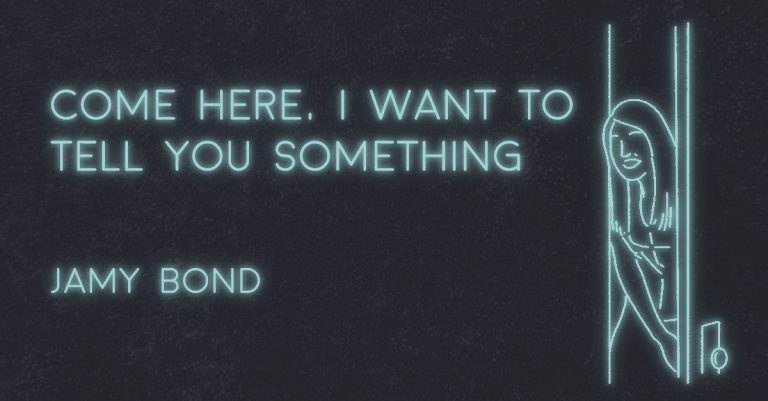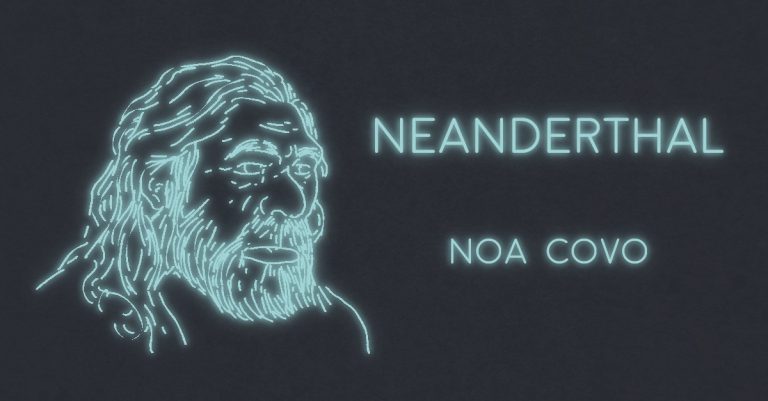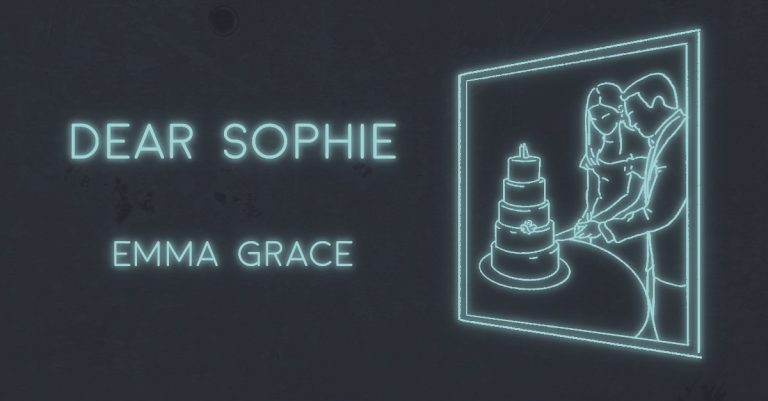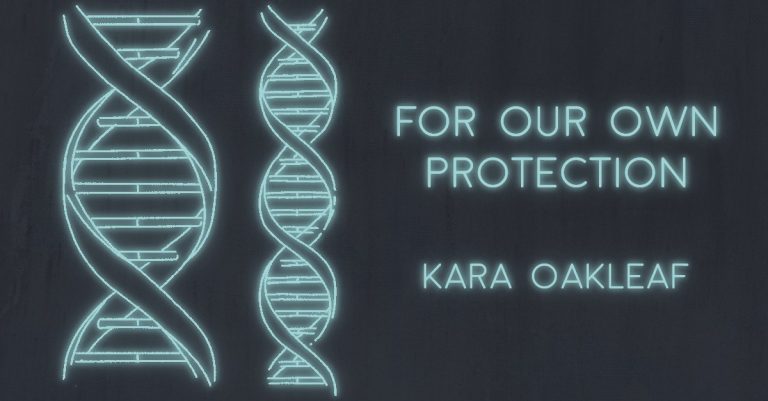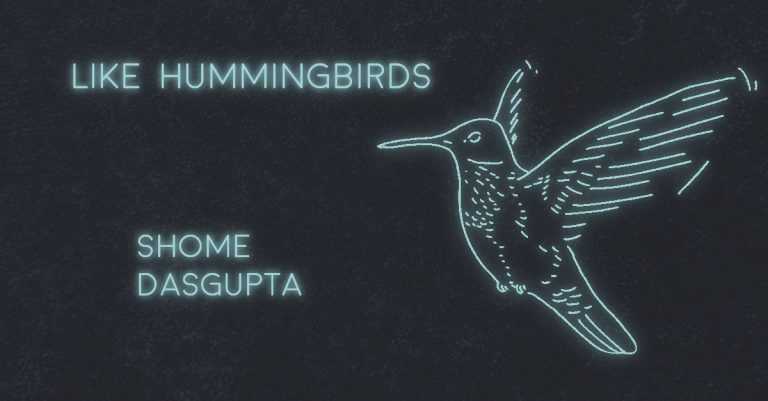
LIKE HUMMINGBIRDS by Shome Dasgupta
Like when we sat on the sun and watched the world simmer in our heads, brother—remember that time? And how you were so furious and the words from your mouth smoldered, drifting towards every star, making sure there was no void. The pain. The pain you felt became ashes in my own body, and I’m so sorry, brother. I was helpless. And as much as I felt your pain, there was nothing I could do to take it away from you. Your skull vibrated as the smoke left through every pore of your body, and I just wanted to hold

